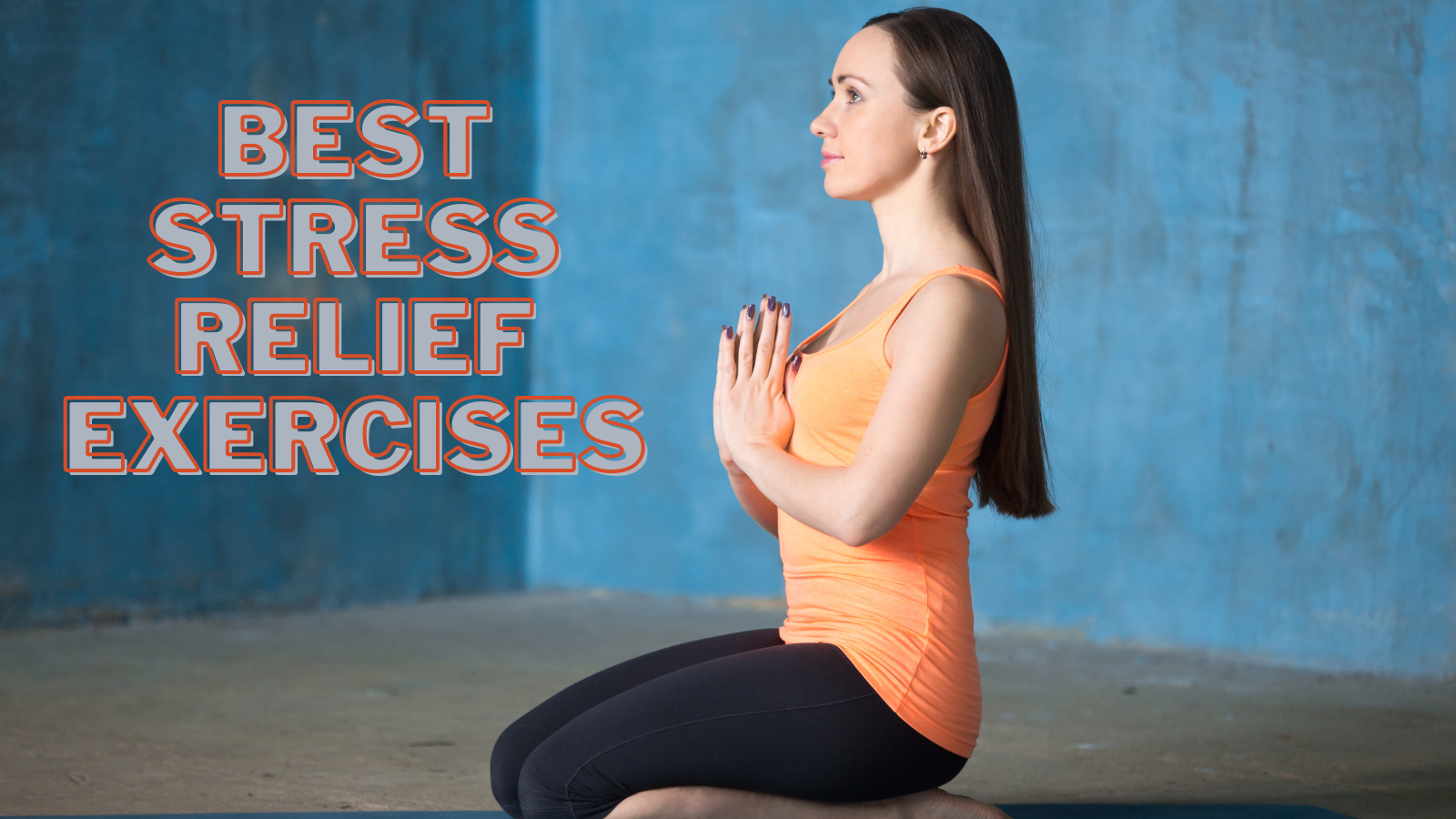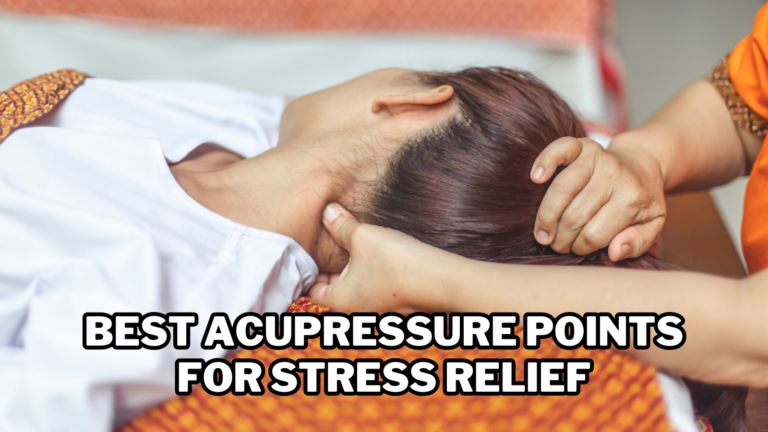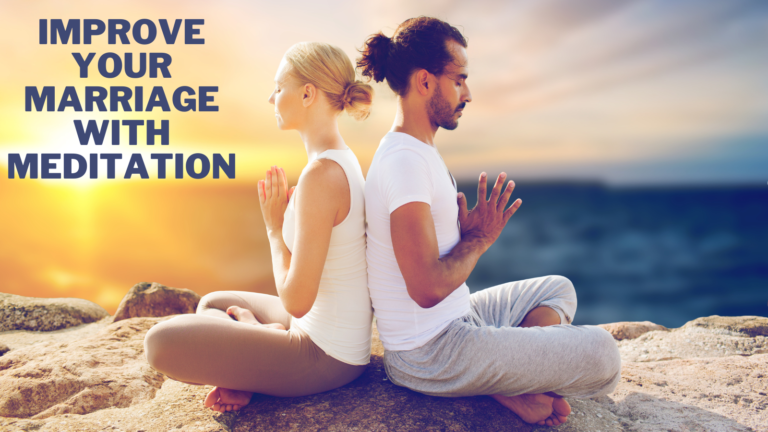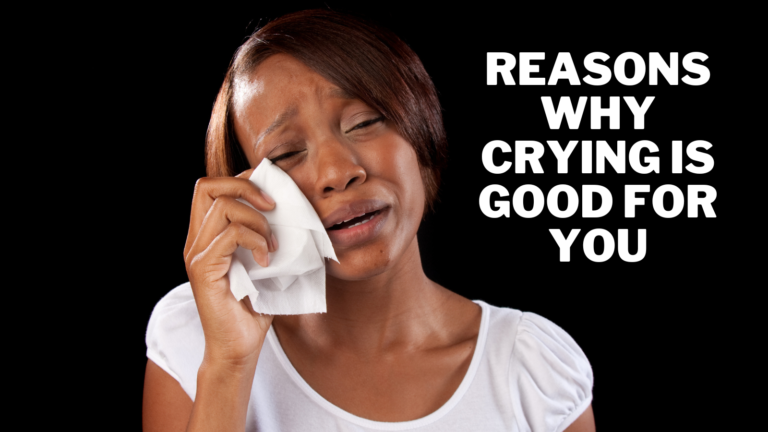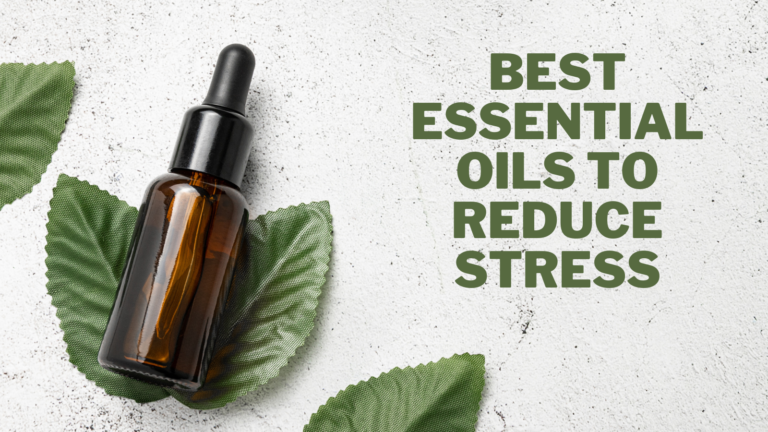Best Stress Relief Exercises
Best Stress Relief Exercises
Many people struggle with stress, which can harm their physical and emotional health. Even though there are many other effective ways to manage stress, exercise is a consistent approach to reducing stress levels.
Exercise can not only allow the body's natural feel-good chemicals, endorphins, to be released, but it can also help us to divert our attention from our troubles and give us a sense of accomplishment.
This article will explore some of the best stress relief exercises you can incorporate into your daily routine to help manage stress and promote overall well-being.
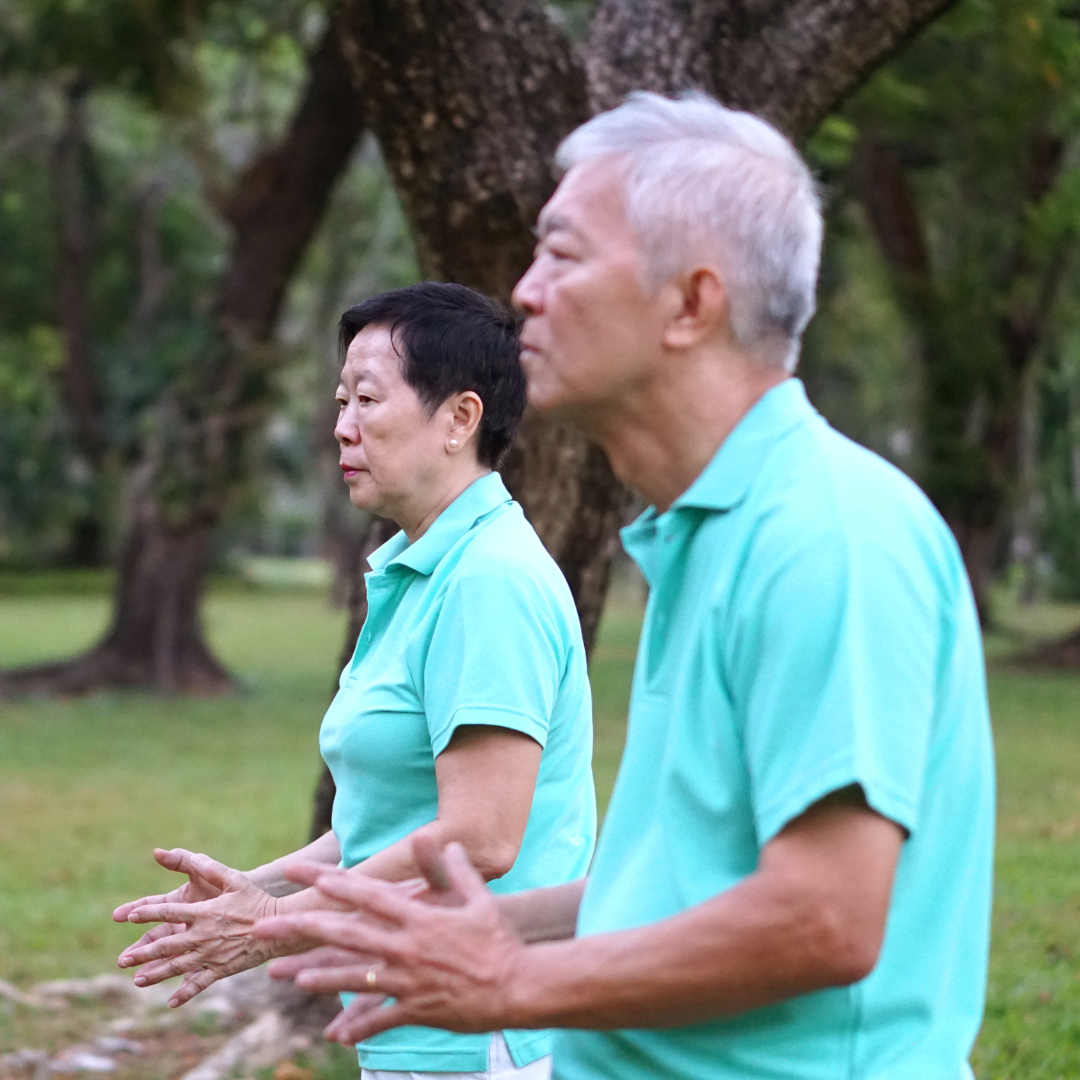
How Stress Relief Exercises Can Help You Cope With Stress
Exercises for stress management can assist in relieving stress by encouraging relaxation and easing physical tension.
Our bodies release the hormone cortisol during stress, which primes the body for a fight-or-flight reaction.
This can increase heart rate, muscle tension, and shallow breathing. Stress relief exercises help to counteract these physical responses by activating the body's relaxation response.
Additionally, they increase the production of endorphins, which act as natural analgesics and mood enhancers.
Regular practice of stress relief exercises can reduce overall stress levels, improve mood, and improve sleep quality.
Also, stress relief exercises can help improve focus and concentration, benefiting those experiencing stress-related cognitive symptoms such as brain fog or forgetfulness.
Physical activity also helps improve overall physical health, positively impacting mental health and stress levels.
Stress relief exercises provide a natural and effective way to manage stress and promote well-being.
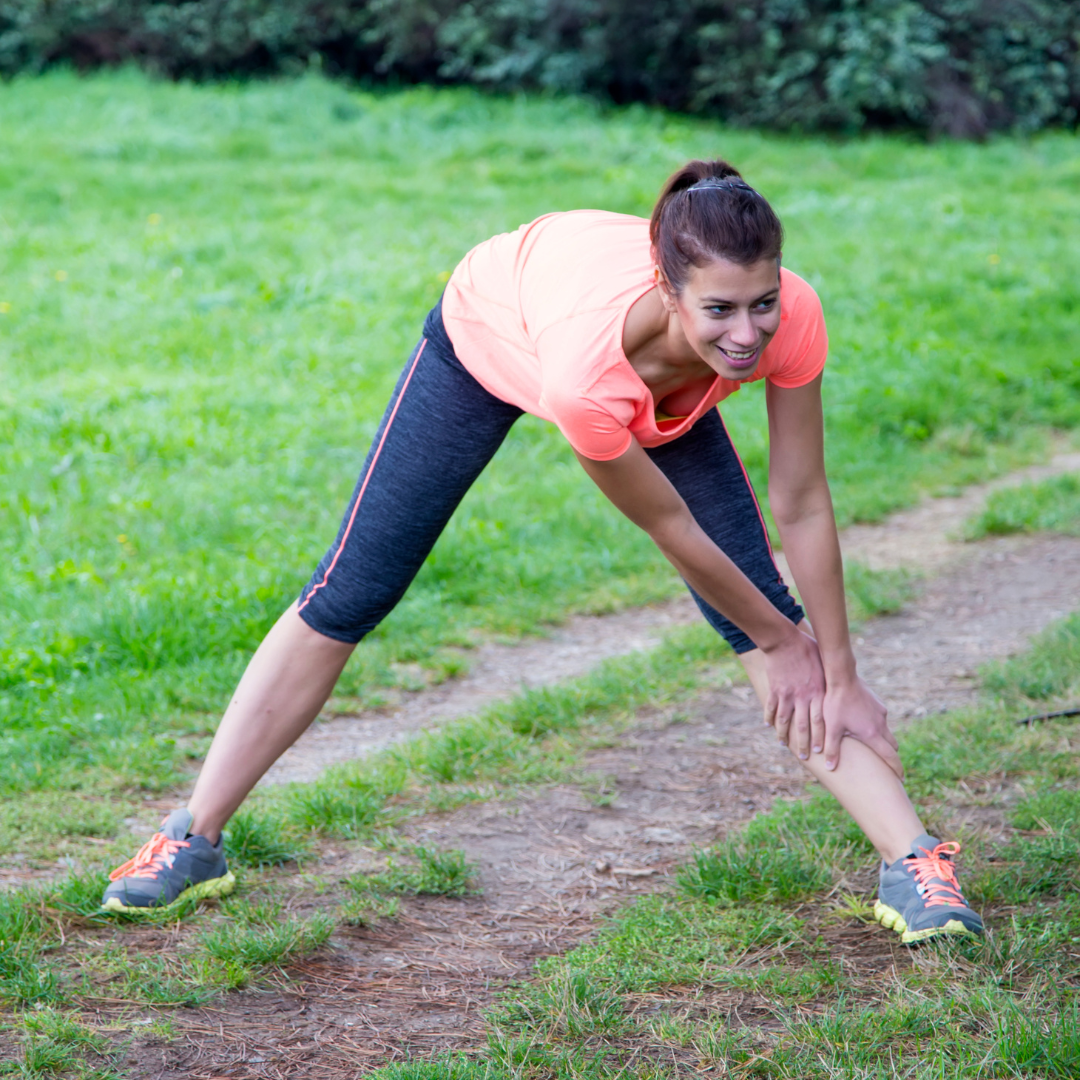
Benefits Of Stress Relief Exercises
The numerous benefits of stress relief exercise can positively impact physical and mental health. Here are some of the benefits:
1. Reduce Stress And Anxiety
The body's stress chemicals, such as cortisol and adrenaline, have been demonstrated to decrease with exercise. This helps reduce stress and anxiety and can promote relaxation and calm.
2. Improve Mood
Regular exercise can help improve mood by releasing endorphins, natural feel-good chemicals in the brain. This can help to reduce symptoms of depression and anxiety.

3. Boost Self-Esteem
Regular exercise can improve self-esteem and confidence, especially when there is progress in physical fitness or body composition.
4. Enhance Cognitive Function
Exercise can improve cognitive function, including memory, attention, and focus. This is particularly important in managing stress, which can negatively impact cognitive function.
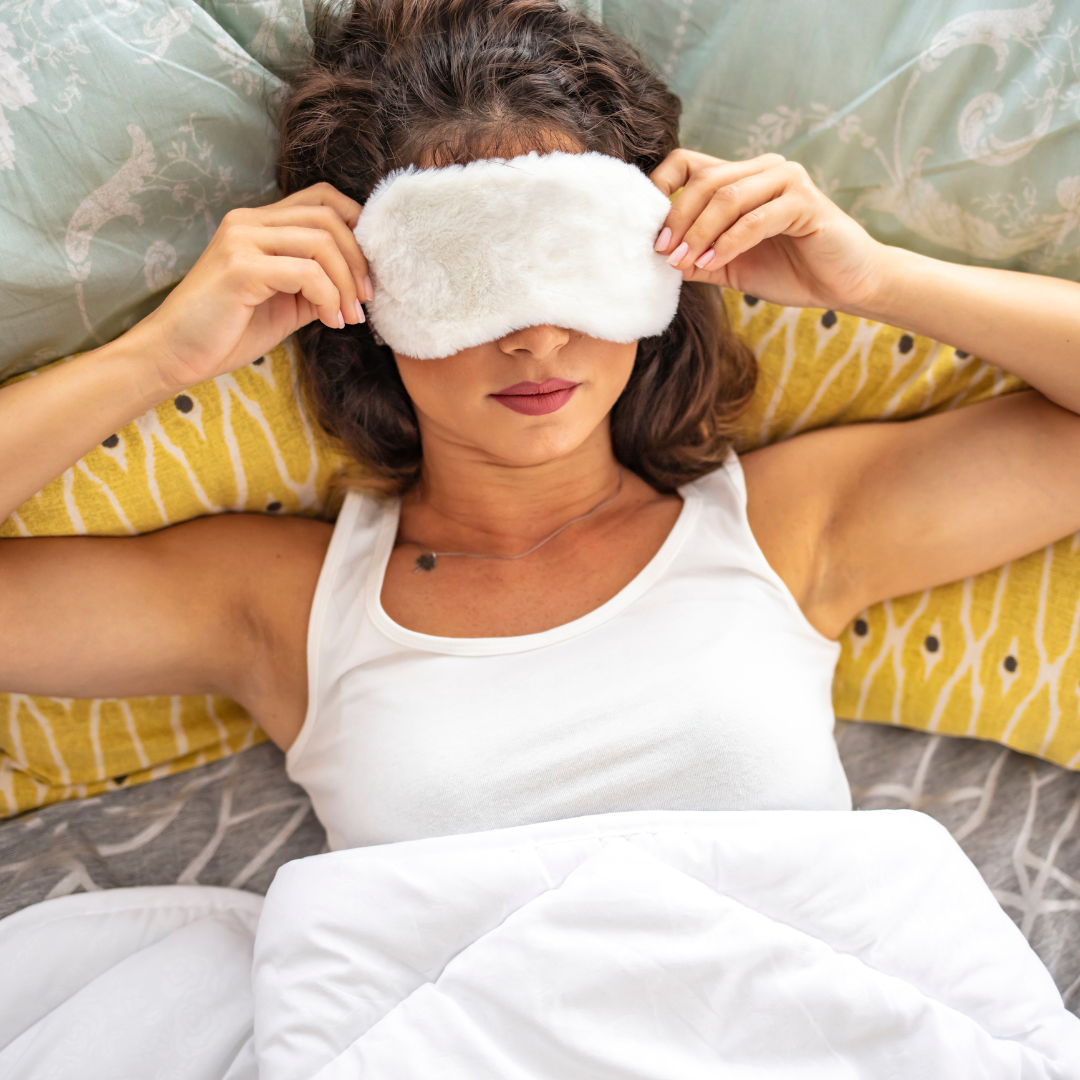
5. Promote Better Sleep
Exercise can help improve sleep quality and reduce the time to fall asleep. Better sleep quality can lead to improved physical and mental health.
6. Lower The Risk Of Chronic Disease
Chronic conditions like heart disease, diabetes, and obesity can be lowered by regular exercise. Furthermore, higher stress levels may be related to these conditions.
7. Provide An Outlet For Stress
Exercise can provide a healthy outlet for stress and anxiety, allowing individuals to release tension and energy productively.
8. Reduce The Production Of Stress Hormones
Stress triggers the production of cortisol and adrenaline, which can negatively affect the body if produced in excess. Stress relief exercises, such as yoga or deep breathing, can help to reduce the production of these stress hormones and promote relaxation.
9. Increase The Production Of Endorphins
Endorphins are the body's natural painkillers and mood enhancers. Stress relief exercises can help increase the production of endorphins, reducing stress levels and promoting a sense of well-being.
10. Improve Overall Physical Health
Stress can negatively affect physical health, including headaches, muscle tension, and high blood pressure.
Stress relief exercises, such as exercise or massage therapy, can help to alleviate these symptoms and improve overall physical health.
Stress relief exercise is a great way to improve physical and mental health. Incorporating regular exercise into your routine can significantly improve your overall well-being.

Best Stress Relief Exercises
Life is full of stress, yet that stress can also be a double-edged sword. It can improve performance and alertness in small doses. However, being under chronic stress might have serious negative effects.
In reaction to stress, the stress response system releases hormones. You can run more quickly or experience less discomfort briefly.
However, hormonal imbalances might cause health issues when they persist over time. Chronic stress has been related to several chronic health disorders, including diabetes, heart disease, depression, and cancer.
However, regular exercise can restore a more normal balance to your stress response system. Here are some of the best stress relief exercises:
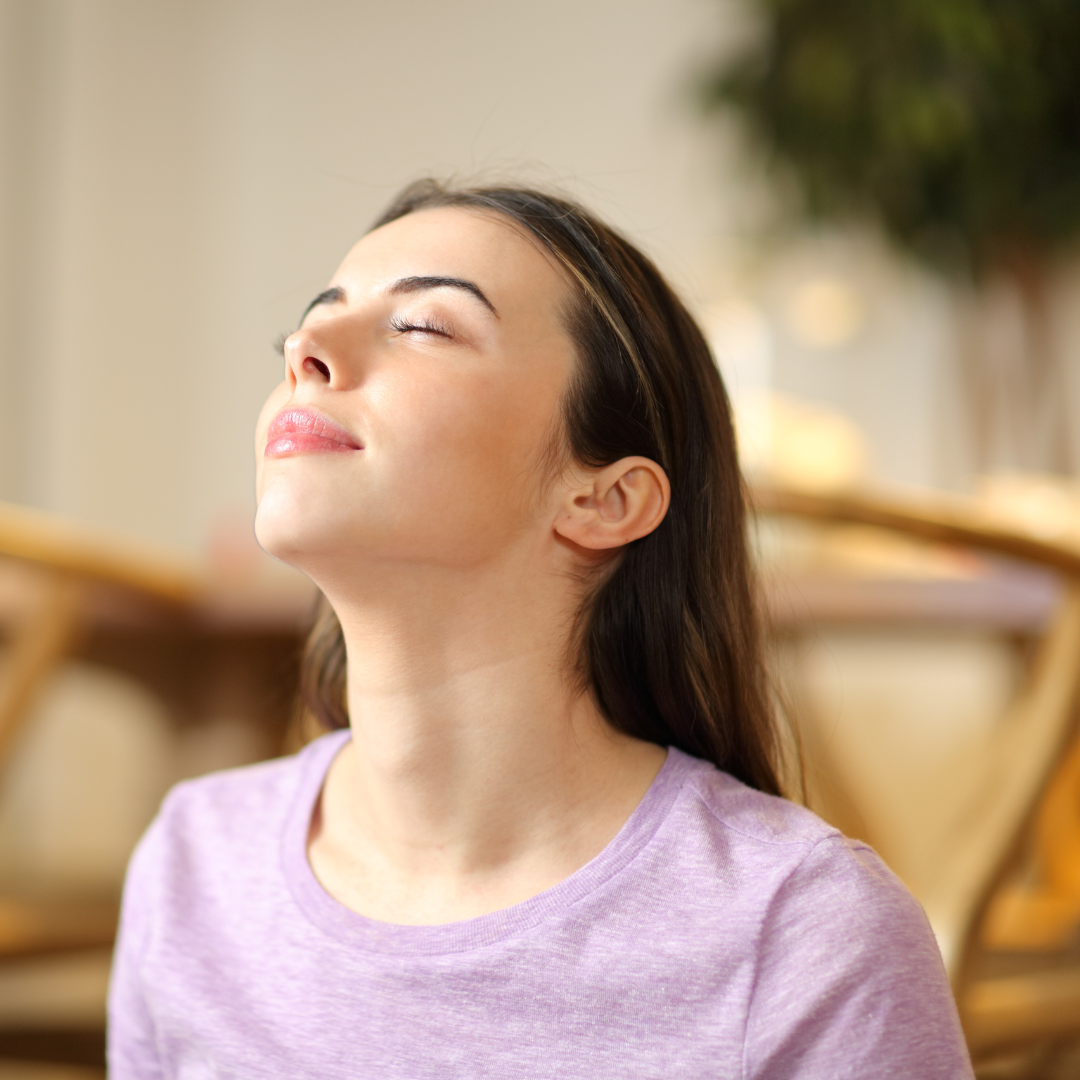
1. Deep Breathing Exercises
Deep breathing exercises are a simple yet effective way to calm the mind and body and reduce stress.
They function by increasing the amount of oxygen delivered to the brain and other crucial organs, lowering blood pressure, and slowing the heart rate.
This activates the parasympathetic nervous system, responsible for the body's “rest and digest” response, promoting relaxation and reducing stress.
To practice deep breathing, find a quiet and comfortable place to sit or lie down. You can close your eyes or keep them open, whichever feels most comfortable.
Begin by inhaling slowly and deeply through your nose, allowing your belly to expand as you breathe in.
Hold your breath for a few seconds, then exhale slowly and steadily through your mouth, letting your belly fall back to its natural position.
Repeat this cycle of inhaling and exhaling for several minutes, focusing on the sensation of your breath as it enters and leaves your body.
You can also try counting to five as you inhale, holding for five, and exhaling for five to deepen the relaxation response.
Deep breathing exercises can be done anywhere, especially during high stress or anxiety. They can be used as a quick relaxation technique during a busy day or a more extended practice during a dedicated relaxation session.
Practicing deep breathing regularly can help reduce stress and anxiety symptoms, improve overall well-being, and promote a sense of calm and relaxation.

2. Yoga
Yoga is a mind-body workout that has roots in ancient India and has become increasingly popular to relieve stress in people worldwide.
It entails engaging in physical postures (asanas) that are connected to practices for deep relaxation or meditation and controlled breathing (pranayama). Yoga is a popular stress-relieving exercise since it is believed to relax the body and mind.
According to research, serotonin, a neurotransmitter that controls mood, is produced in greater quantities in the brain during yoga practice than during exercise.
Some studies have shown that regular yoga practice can also reduce symptoms of anxiety and depression, improve sleep quality, and enhance overall well-being.
There are various types of yoga, each with its unique benefits. Some popular types of yoga for stress relief include Hatha yoga, Vinyasa yoga, and restorative yoga.
Hatha yoga involves holding postures longer and is ideal for beginners. Vinyasa yoga is more dynamic and involves sequentially flowing from one posture to another.
Restorative yoga involves holding postures for an extended period while using props to support the body, allowing for deep relaxation.
Yoga is a low-impact activity that people of various ages and fitness levels may do. It is a flexible workout that can be altered to meet individual needs, making it a useful stress-relieving activity for everyone.

3. Tai Chi
Tai chi is a centuries-old Chinese practice that offers a unique blend of exercise, meditation, and self-defence techniques.
It involves performing a series of slow, flowing movements while focusing on deep, controlled breathing.
Often described as “meditation in motion,” tai chi promotes relaxation, mindfulness, and a sense of inner calm.
Its gentle and deliberate movements can help reduce stress and anxiety by encouraging a harmonious connection between the mind and body.
In addition to its mental and emotional benefits, tai chi offers numerous physical advantages. Regular tai chi practice helps to improve balance, flexibility, and overall physical functioning.
The slow and controlled movements help strengthen muscles, enhance joint mobility, and improve posture.
Its low-impact nature makes it accessible to people of all ages and fitness levels, including those with limited mobility or chronic conditions.

4. Walking
Walking is a fantastic, low-impact workout that can be easily incorporated into your daily routine. It provides numerous benefits for both your physical and mental well-being.
As you walk, your blood circulation improves, helping to nourish your muscles and organs with oxygen and nutrients. This increased blood flow also aids in the removal of waste products from your body.
Moreover, walking releases endorphins, natural chemicals in your brain that promote feelings of happiness and reduce stress.
By engaging in this activity, you can experience a boost in your mood and overall well-being.
To enhance the relaxation and enjoyment of your walk, consider listening to soothing music or an interesting podcast, which can divert your attention away from worries or negative thoughts.
Walking with a friend or loved one can add a social element to your exercise routine, making it more enjoyable and supportive.
Whether you walk alone or with a companion, aim for regular brisk walking sessions of at least 30 minutes to reap the stress-reducing benefits of this wonderful exercise.

5. Running
Running is a great strategy to lower stress and enhance well-being. Endorphins, which act as natural painkillers and mood enhancers, are released as a result.
Cortisol, a stress hormone, also helps decrease in the body. Start slowly and gradually increase your distance if you are new to running. Before and after your run, stretch and wear the correct footwear.
To keep things new and pleasurable, try to change your path. Joining a running group or running with a friend can help you stay motivated and make the activity more enjoyable.
Remember to pay attention to your body and refrain from overexerting yourself, especially if you are new to running or have health issues.

6. Cycling
Cycling is a low-impact exercise that can help reduce stress and anxiety. Cycling outdoors in nature can be particularly beneficial, allowing you to enjoy the scenery and fresh air.
It can also improve cardiovascular health and increase endurance. Cycling can be done alone or with others, making it a great activity for socializing and connecting with people with similar interests.
Whether you prefer leisurely rides or more challenging routes, cycling can be a fun and effective way to relieve stress and improve overall well-being.
Remember to wear appropriate safety gear like a helmet and follow all traffic laws to ensure a safe and enjoyable ride.

7. Resistance Training
Resistance training, or strength training, is an exercise that uses weights, resistance bands, or bodyweight movements to develop muscle and strength.
Exercises like squats, deadlifts, bench presses, and shoulder presses are all susceptible to this type of training, which can also be done with weight machines, resistance bands, or free weights.
In addition to helping you gain muscle, resistance exercise has many other advantages for your health. It can raise overall physical performance, lower the chance of injury, and increase bone density.
Resistance exercise has also been demonstrated to lower tension and anxiety by generating endorphins, the body's natural “feel-good” hormones.
One of the key benefits of resistance training is that it can improve overall physical health. It can help regulate blood sugar levels, reduce the risk of heart disease, and lower blood pressure.
Resistance training can also improve flexibility, balance, and posture, reducing the risk of falls and other injuries.

8. Pilates
Pilates is a form of exercise that focuses on developing core strength, improving posture, and increasing flexibility.
Pilates exercises are usually performed on a mat or using specialized equipment, such as the reformer or Cadillac.
The focus of Pilates is on the mind-body connection, with emphasis on precise, controlled movements and proper breathing techniques.
The benefits of Pilates go beyond just physical fitness. Regular Pilates practice can reduce stress and improve mental clarity, helping to promote a sense of well-being and overall wellness.
Pilates can also improve balance and coordination by strengthening the core muscles, reducing the risk of falls and injuries.
Pilates movements can be adapted for people of different ages and physical levels. It is a low-impact workout, making it a wonderful choice for anyone with joint problems or injuries.

9. Meditation
Meditation is a practice that involves focusing the mind on a particular object, thought, or activity to achieve a state of calm and relaxation.
Meditation aims to develop a sense of mindfulness and awareness, which can help reduce stress, anxiety, and depression and improve overall well-being.
During meditation, individuals often sit comfortably, close their eyes, and focus on their breath or a particular object or thought.
By doing so, they can cultivate inner peace and tranquillity and learn to quiet their racing thoughts and worries.
According to research, daily meditation practice positively affects mental and physical health. It may lessen anxiety and depressive symptoms, enhance focus and attention, and lower blood pressure.
There are numerous styles of meditation, and each person may discover that a certain type suits them the best.
Some people like guided meditation, where a teacher offers instructions and direction. Others sit silently and concentrate on their breath, ideas, or experiences.
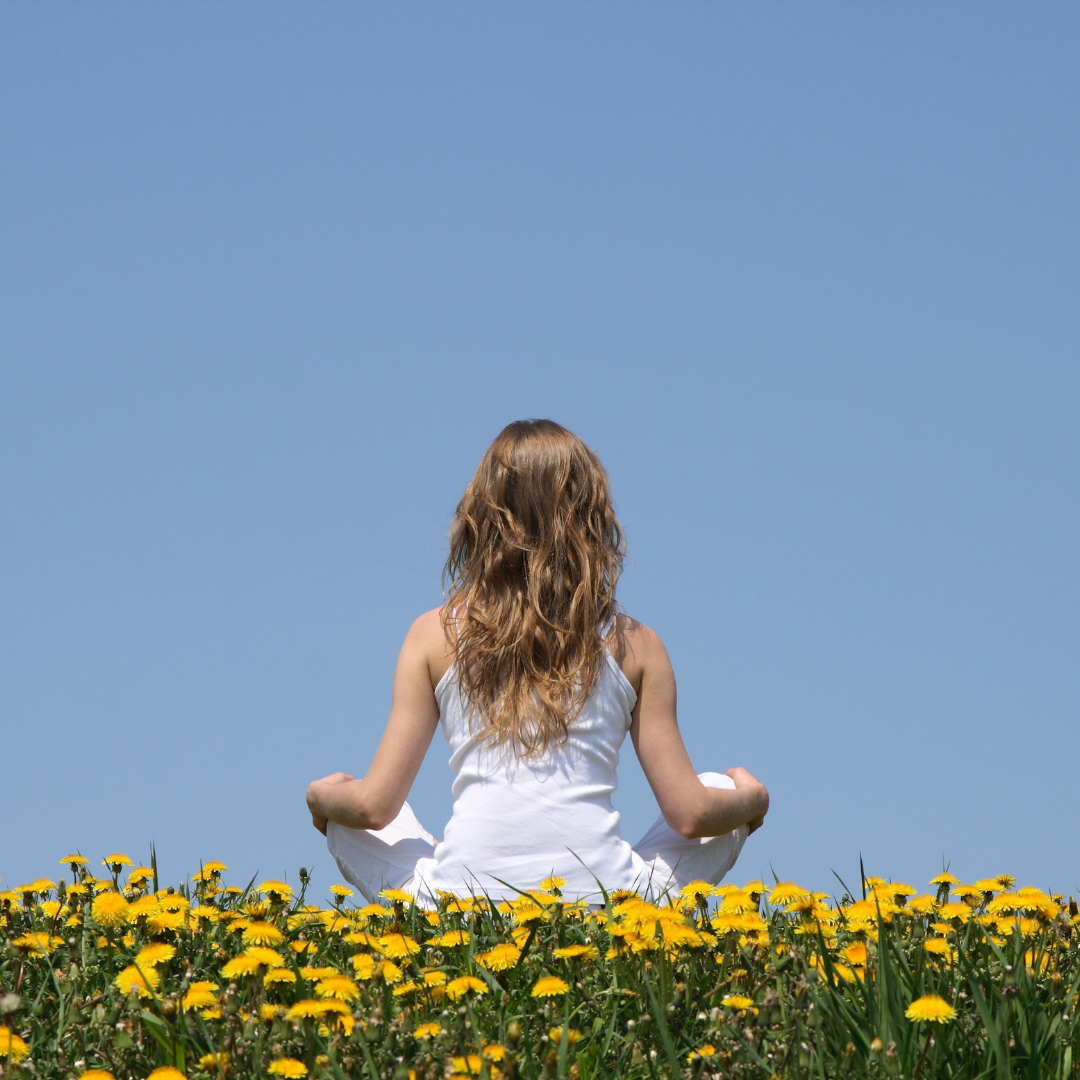
10. Mindfulness
Being fully present and mindful of the moment while maintaining an attitude of nonjudgment is a technique known as mindfulness.
It involves paying mindful attention to our thoughts, feelings, and bodily experiences without passing judgment.
People can learn to manage their emotions better and experience less stress and anxiety by engaging in mindfulness practices.
You can practice mindfulness in a variety of ways, including through meditation, breathing techniques, and mindful movement techniques like yoga or tai chi.
Non-judgment is one of the main tenets of mindfulness. In other words, we don't label our thoughts and feelings as good or terrible, right or wrong; we witness them.
Research has shown that practicing mindfulness regularly can benefit mental and physical health. It can help reduce symptoms of anxiety and depression, improve sleep quality, and even enhance cognitive function.
Additionally, mindfulness has improved overall well-being and enhanced feelings of compassion, gratitude, and empathy.
Practicing mindfulness anywhere, at any time, is one of its most useful features. Everyday actions like eating, walking, and even brushing your teeth can involve it.
People can build a sense of calm and presence throughout their day by applying attentive awareness to these routine actions.

Conclusion
Many people frequently feel stress, harming their physical and emotional health. Luckily, many efficient stress-relieving workouts support people in managing their tension and enhancing their general well-being.
Exercises for reducing stress that can be incorporated into daily routines include resistance training, Pilates, meditation, mindfulness, and progressive muscle relaxation.
Resistance training and Pilates, which emphasize physical activity, can help manage stress and reduce anxiety while enhancing strength, flexibility, and posture.
On the other side, mindfulness and meditation are techniques that emphasize the mind-body link and can help lessen stress, anxiety, and depression while also enhancing general mental and physical health.
Tensing and relaxing particular muscle groups helps release tension through progressive muscular relaxation.
Overall, including stress-relieving workouts in everyday routines can be a great tool for controlling stress and enhancing general well-being.
You may build a sense of peace and balance in your life and lessen the harmful effects of stress on your health by selecting the activity or combination of exercises that work best for you.
I trust you enjoyed this article about the Best Stress Relief Exercises. Please stay tuned for more blog posts to come shortly.
JeannetteZ
>>>Please click here to read my all-inclusive article about Lessons That Will Teach You All About Stress<<<
>>>Are you interested in Natural Healing And Stress Relief through Herbs? Please click here for my #1 Recommendation<<<
Your Opinion Is Important To Me
Thoughts? Ideas? Questions? I would love to hear from you. Please leave me your questions, experiences, and remarks about the Best Stress Relief Exercises in the comments section below. You can also reach me by email at Jeannette@Close-To-Nature.org.
Disclosure
This post may contain affiliate links. I earn from qualifying purchases as an Amazon Associate and other affiliate programs. Please read my full affiliate disclosure.

